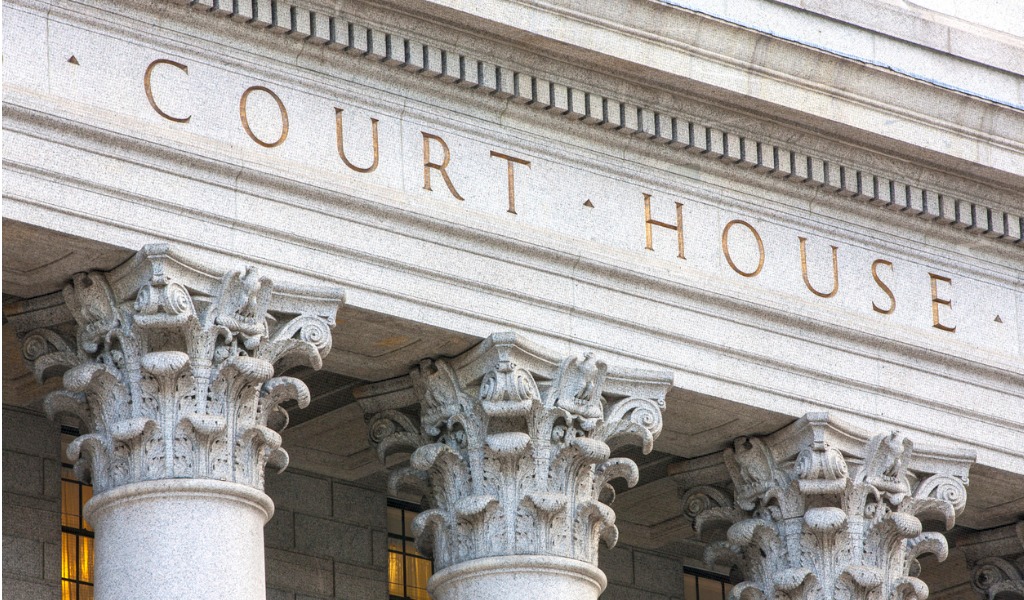Teodora is an Associate in the firm’s Litigation and Dispute Resolution Group, which she joined after summering and articling with the firm. Her passions and experience reach a range of practice areas, including debtor and creditor disputes, shareholder and corporate disputes, bankruptcy and insolvency issues, and contractual and privacy matters.
Teodora has appeared as counsel before all levels of court in Ontario as well as in private arbitrations. As a strong advocate for her clients, she appreciates the importance of understanding each client’s individual needs and provides customized services to ensure that each client’s goals are accomplished effectively and efficiently.
Teodora completed her JD at the University of Western Ontario, where she was the Student Coordinator for the Dispute Resolution Centre and Vice-President of Student Affairs for the Student Legal Society. Prior to entering law school, Teodora earned her Bachelor of Science in Psychology, Neuroscience and Behaviour from McMaster University. Tea is fluent in Serbo-Croatian and proficient in French.
Teodora volunteers her time with Pro Bono Ontario providing legal advice on civil litigation to low-income Ontarians and supervises students at the Toronto Metropolitan University’s Law and Business Clinic who provide pro bono business law services to entrepreneurs and small businesses. Teodora has also been a member of the Young Advocates Standing Committee for The Advocates Society and has acted as a Teaching Assistant at the Lincoln Alexander School of Law for the JUR100 Legal Research and Writing course. Teodora is now also a member of the Teaching Team for the Lawyer as Negotiator course at Osgoode Hall Law School, and a Director of Sponsorship for Young Women in Law. When she is not practicing law, she devotes her time to writing articles on various legal topics, one of which was recently cited at the Supreme Court of Canada, and her interests include spending time with family and friends, watching crime dramas, and planning her next vacation.



















